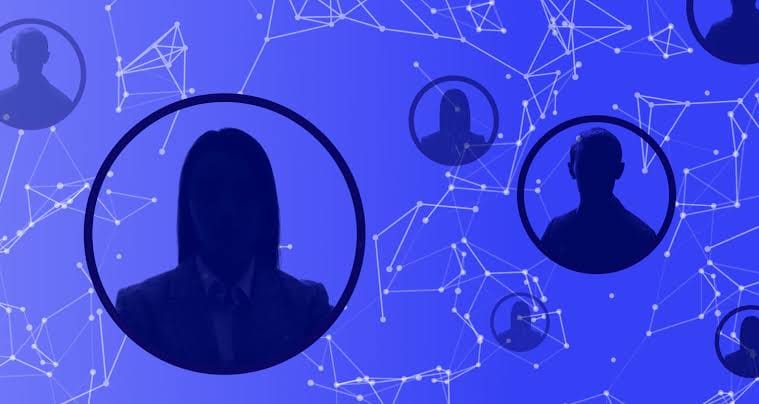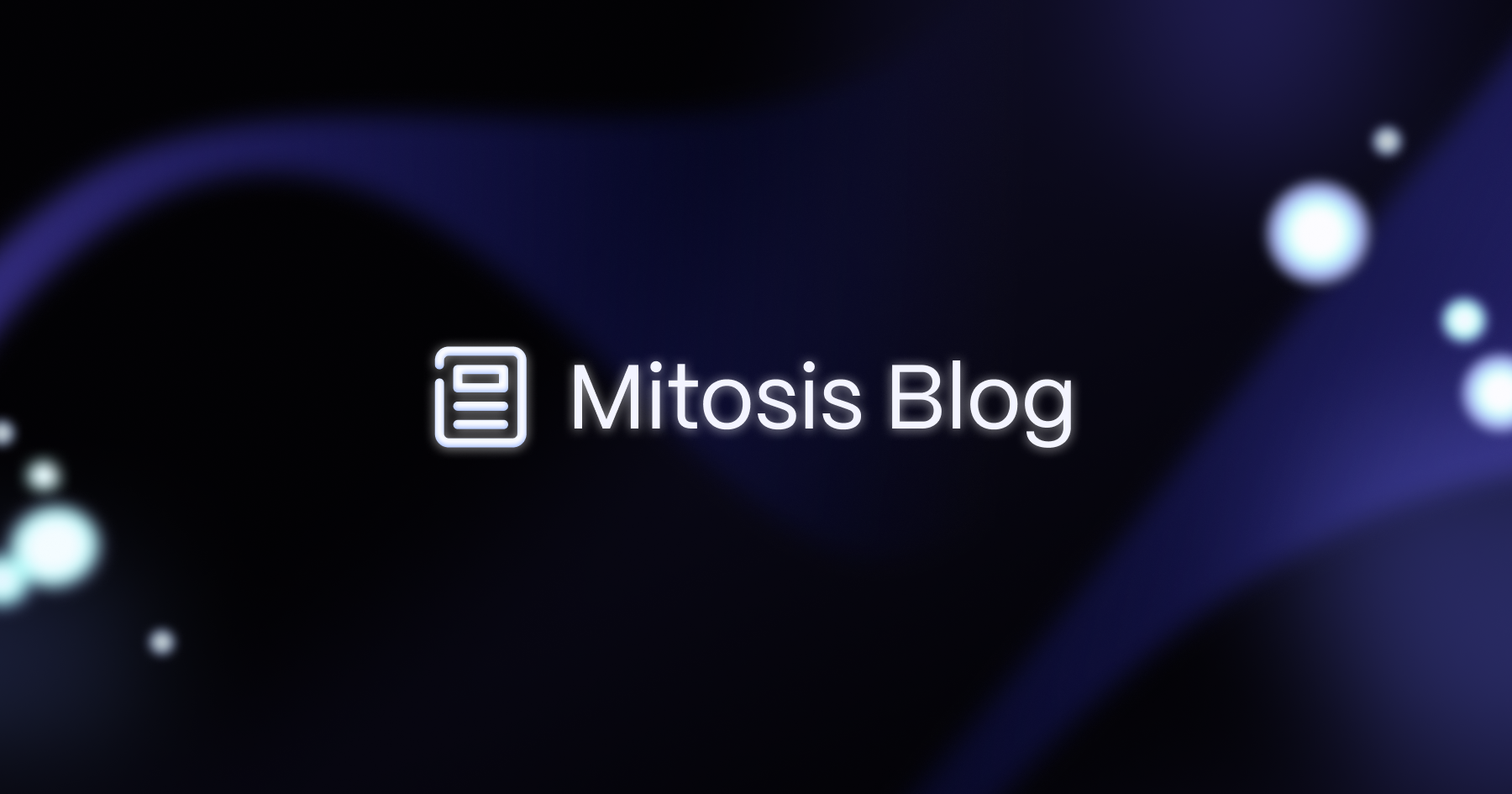Exploring Decentralized Identity (DID): The Future of Personal Data Ownership

In the rapidly evolving landscape of Web3, where decentralization and user empowerment are paramount, Decentralized Identity (DID) stands out as a transformative concept. Traditional identity systems, which rely on centralized authorities like governments, banks, or tech companies, have been facing increasing challenges related to privacy, security, and accessibility. DIDs provide a solution that enables individuals to own, control, and share their personal information in a secure and private manner, without the need for a central authority. This article delves into the essence of DIDs, their real-world applications, the challenges they aim to address, and the potential they hold for revolutionizing various industries.
What is a Decentralized Identifier (DID)?
A Decentralized Identifier (DID) is a new type of identifier designed to be independent of any central registry, identity provider, or certificate authority. Unlike traditional identifiers, which are typically managed by centralized entities (e.g., email addresses, social security numbers, or passport numbers), DIDs are fully under the control of the individual, who is also known as the DID subject.
A DID is associated with a DID document, which contains metadata about the identifier, such as public keys, authentication protocols, and services that are related to the identity. These documents are stored on decentralized networks, making them resistant to manipulation, censorship, or data breaches. Importantly, DIDs offer individuals the ability to prove their identity and share specific data without exposing all of their personal information. This cryptographic proof is essential for enabling secure transactions and interactions in the digital world (W3C DID Working Group).
The Rise of Self-Sovereign Identity (SSI)
Decentralized Identity is closely linked to the concept of Self-Sovereign Identity (SSI), which aims to empower individuals with full control over their digital identities. SSI is built on the principle that identity should not be granted or managed by a central authority. Instead, individuals can create and manage their own identity credentials, ensuring that they can selectively share information when needed, with verifiable proof of authenticity.
The implications of SSI are profound. It challenges the current system where large corporations and governments store vast amounts of personal data in centralized databases, making individuals vulnerable to privacy breaches and exploitation. SSI, on the other hand, puts control back into the hands of users, allowing them to decide who gets access to their personal data, under what circumstances, and for how long.
Real-World Applications of DIDs
1. Healthcare: A More Secure Approach to Patient Data
One of the most promising sectors for the application of DIDs is healthcare. In a traditional healthcare system, patient data is often stored in centralized databases managed by hospitals or insurance companies. This creates opportunities for unauthorized access, breaches of patient privacy, and delays in accessing critical information. With DIDs, patient data can be securely stored in decentralized networks, and individuals can control who has access to their medical records. Healthcare providers can verify a patient's identity and access relevant medical history without compromising privacy or security.
For example, if a patient visits a new healthcare provider, they can share specific parts of their health records—such as immunization history or allergies—via a secure DID-based app. The healthcare provider can verify the credentials using blockchain technology, ensuring that the information is accurate and up to date. The patient remains in control, revoking access as necessary. This model is being explored by blockchain-based healthcare startups, such as Solve.Care and Healthereum, which are aiming to improve patient outcomes by giving individuals more control over their healthcare data (shivakumar-goniwada.medium.com).
2. Education: Verifiable Credentials Without the Risk of Fraud
DIDs can also help address issues in the education sector, where fake degrees and certificates have become a widespread problem. With DIDs, educational institutions can issue verifiable credentials to students, which can be easily shared with potential employers or other institutions. These credentials are cryptographically signed and stored on the blockchain, ensuring that they cannot be tampered with or forged.
For instance, universities like MIT and Stanford are experimenting with issuing digital diplomas as verifiable credentials, ensuring their authenticity. Employers or other academic institutions can verify these credentials by interacting directly with the blockchain, without needing to rely on a third-party verification service. This reduces the time and cost associated with background checks while ensuring the integrity of the information (wired.com).
3. Financial Services: Streamlining KYC Processes
The financial services industry is another area where DIDs can provide significant benefits. In the current system, financial institutions often require extensive Know Your Customer (KYC) checks to verify the identity of their customers before granting access to services. This process typically involves submitting sensitive personal documents, such as utility bills, passports, and social security numbers, which can be easily exposed in data breaches.
With DIDs, financial institutions can perform KYC checks using blockchain-based identity verification, eliminating the need for individuals to repeatedly provide sensitive documents. This can enhance privacy and security, while streamlining the onboarding process for customers. Several companies, such as U-Port and Civic, are already leveraging blockchain to offer decentralized identity solutions that help banks and fintech companies reduce their KYC costs and improve customer experience (shivakumar-goniwada.medium.com).
4. Supply Chain Management: Verifying Product Authenticity
In industries like luxury goods and pharmaceuticals, ensuring the authenticity of products is of paramount importance. Counterfeit products are a major issue that costs businesses billions of dollars annually. DIDs can play a critical role in supply chain management by providing a way to verify the origin and authenticity of products.
For example, luxury fashion brands like Gucci and Prada are exploring the use of DIDs to track the lifecycle of their products from manufacturing to distribution. Each product could be assigned a unique DID, allowing buyers and sellers to verify its authenticity by checking its provenance on the blockchain. Similarly, the pharmaceutical industry could use DIDs to ensure that drugs are genuine and safe for consumption by verifying their origin and distribution chain.
This use case of DIDs is helping to reduce fraud and ensuring that consumers get the products they pay for, while also enabling brands to protect their intellectual property and reputation (kaleido.io).
5. Digital Identity for Refugees: A Solution to Statelessness
One of the most impactful applications of DIDs is in addressing the issue of statelessness. Refugees and displaced individuals often struggle to prove their identity when they flee their home countries, as they may not have access to official identification documents. In such cases, DIDs can offer a solution by providing a portable, verifiable identity that can be accessed across borders.
Organizations such as the United Nations High Commissioner for Refugees (UNHCR) are exploring the use of blockchain and DIDs to create digital identities for refugees. This digital identity would enable refugees to access vital services like healthcare, education, and financial aid without relying on the government-issued identification documents they may have lost. This solution can help integrate displaced individuals into society, ensuring that they can participate in the economy and society with dignity (kaleido.io).
The Challenges and Roadblocks to Widespread Adoption
While the potential of DIDs is enormous, several challenges remain in making them a mainstream solution.
1. Interoperability Across Platforms
One of the biggest hurdles is ensuring interoperability between different DID systems. There are currently multiple projects developing decentralized identity solutions, each using different protocols and technologies. For widespread adoption, these systems must be able to work together seamlessly, allowing individuals to use their DIDs across different platforms and services.
2. Privacy Concerns and Data Protection
While DIDs offer a higher degree of privacy compared to traditional identity systems, they also introduce new challenges in terms of data protection. For example, users must be able to control how much personal information they share without compromising the reliability and usefulness of their identity. Ensuring that sensitive data is only shared when absolutely necessary, and that it is encrypted and anonymized wherever possible, will be key to maintaining user trust in these systems.
3. Adoption by Institutions and Governments
For DIDs to become a widespread standard, institutions and governments must embrace the technology. This will require education and collaboration between private and public sectors to establish standards and frameworks for decentralized identity. Moreover, existing regulations, such as GDPR in the European Union, will need to be adapted to accommodate decentralized identity solutions.
Conclusion
Decentralized Identity represents a paradigm shift in how personal information is managed, shared, and verified in the digital world. By enabling individuals to control their own identity, DIDs promise to make the internet a more secure, private, and user-centric place. As technology matures and standards evolve, DIDs are set to revolutionize a wide range of industries, from healthcare and finance to education and supply chain management. However, achieving widespread adoption will require overcoming technical, regulatory, and social challenges.
As we move toward a future where data privacy and user control are paramount, Decentralized Identity may very well become the cornerstone of digital interaction in Web3, helping to build a more equitable and trustworthy digital ecosystem.
For more information on Decentralized Identity and its applications, visit the W3C DID Working Group: https://www.w3.org/groups/wg/did
Explore Mitosis








Comments ()